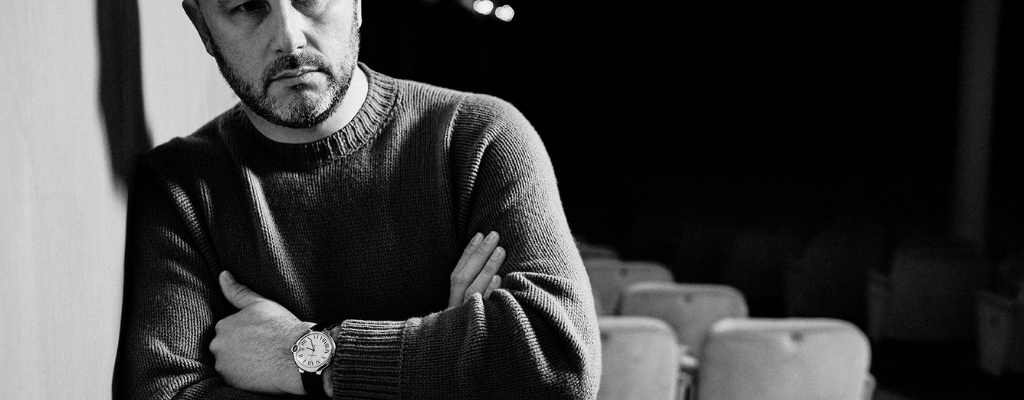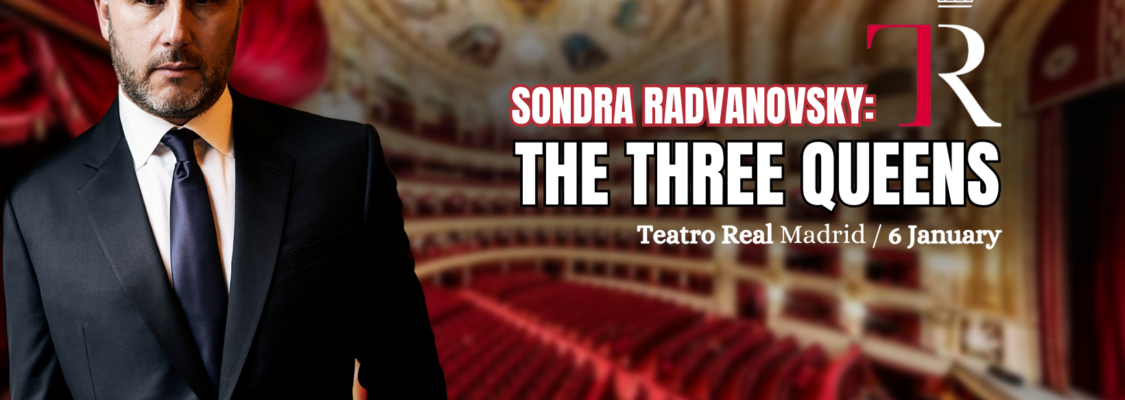Exactly twenty years after my first and only Ballo in maschera (at the Opéra de Montpellier), I’m once again taking on this enigmatic masterpiece by Verdi: opera and I have both changed considerably over the years, so I can safely claim that I’m about to conduct Il Ballo for the first time. It’s a splendid opera, as we all know. But it’s also difficult, and from a theatrical point of view it (miraculously) maintains its poise between comedy and tragedy, counterposing its fatal love triangle against the essentially “private” motives for regicide (downgraded in the final version to murder of the governor Riccardo), and its magic and cemeterial atmosphere against the gaudy colours of the “splendidissimo” but fatal masked ball.
Verdi was right to oppose the particularly stringent Bourbon censorship of the first version of Il Ballo, which was to have been performed in 1857 at the Teatro San Carlo. In Rome, at the Teatro Apollo, in 1859, they managed to use the Swedish setting of the libretto as Verdi had originally intended, before the papal censors dictated that the story be transferred to colonial Boston. All in all, this detracted little from Verdi’s original intentions, considering that the composer even managed to preserve its title, which clarified and summarised the plot since, apart from “Gustavo III”, it was exactly the same as that of the original source by Scribe, “Le Bal masqué”.
Here at the Gran Teatre del Liceu in Barcelona, where we’ll be performing from 9th to 20th February after the preview on 7th February, Graham Vick’s latest visionary project (which aimed to revive the Swedish setting of that first production in Rome) has been selected with Jacopo Spirei’s staging, first brought in Autumn 2021 to the Teatro Regio in Parma. It is a production in which, explains Spirei, the emphasis on masks and disguise, and on nothing being as it seems, reveals our weaknesses and our fragility. Verdi’s music inspires, cements and soothes. All of us together, the Liceu Orchestra and Chorus and a formidable cast, are working enthusiastically, exploring in depth this score which continues to enchant opera audiences worldwide.


